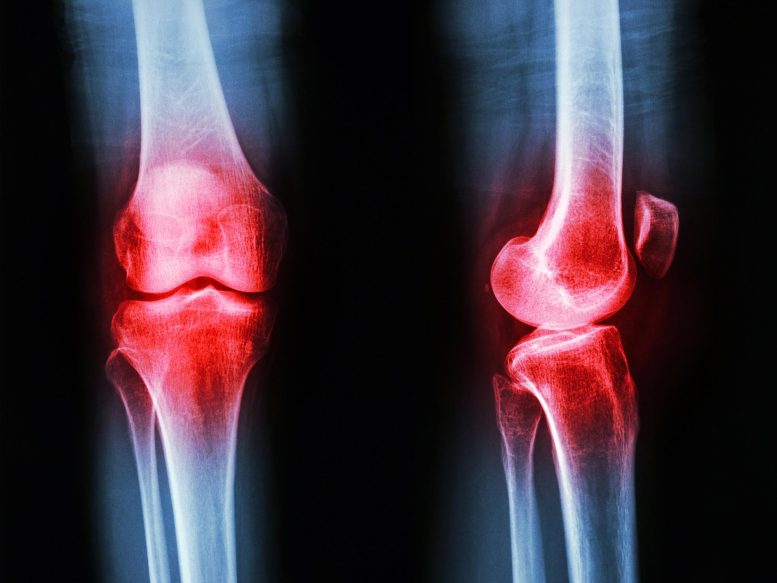
Autoimmune diseases represent a broad category of health conditions in which the body’s immune system mistakenly attacks its own cells, tissues, or organs. This aberrant immune response can result in inflammation and damage to various parts of the body. Autoimmune diseases include conditions such as rheumatoid arthritis, lupus, and type 1 diabetes.
Autoimmune disorders, where the immune system mistakenly attacks healthy cells, now affect about one in ten individuals, according to a new population-based study of 22 million people.
The study used a vast dataset of anonymized electronic health records from the UK to investigate 19 of the most common autoimmune diseases. The findings, which were published in The Lancet and presented at the 2023 EULAR congress in Milan, showed that these diseases affect approximately 10% of the population – 13% of women and 7% of men. This is higher than previous estimates, which often relied on smaller sample sizes and included fewer autoimmune conditions.
Between 2000 and 2019, a new diagnosis of one or more autoimmune diseases was made in 978,872 people. Notably, the age-standardized incidence rates of autoimmune diseases rose by 4% over the study period, with equal rates in both genders. The most significant increases were observed in Graves’ disease, coeliac disease, and Sjogren’s syndrome, the incidences of which have doubled over the past two decades. On the other hand, the incidences of Hashimoto’s thyroiditis and pernicious anemia significantly decreased over the same period.
The researchers found evidence of socioeconomic, seasonal, and regional disparities among several autoimmune disorders. For instance, type 1 diabetes and vitiligo were more commonly diagnosed in winter and summer, respectively. They suggested that such variations might point to the involvement of potentially modifiable risk factors such as smoking, obesity, or stress, contributing to the development of some autoimmune diseases.
The study also revealed that people with one autoimmune disease were more likely to develop a second compared to those without an autoimmune disease.
“Autoimmune disorders are commonly associated with each other, particularly Sjogren’s, systemic lupus erythematosus, and systemic sclerosis,” said Nathalie Conrad from the Department of Public Health and Primary Care at KU Leuven in Belgium. “Patients with type 1 diabetes also have significantly higher rates of Addison’s, coeliac, and thyroid diseases, and multiple sclerosis stands out as having low rates of co-occurrence with other autoimmune diseases.”
However, not all autoimmune diseases demonstrated this trend – multiple sclerosis, for example, stood out as having low rates of co-occurrence with other autoimmune diseases, suggesting a distinct pathophysiology.
These results suggest that the burden of autoimmune disease continues to increase over time, albeit modestly. One possible factor could be that awareness for some conditions has increased over the study period, alongside improved coding practices and earlier recognition. Another possibility that could be inferred from the socioeconomic, seasonal, and regional disparities observed is that environmental factors could be implicated in disease pathogenesis. The authors also conclude that the interrelations between autoimmune diseases point a finger at shared mechanisms or factors.
Reference: “Incidence, prevalence, and co-occurrence of autoimmune disorders over time and by age, sex, and socioeconomic status: a population-based cohort study of 22 million individuals in the UK” by Nathalie Conrad, Shivani Misra, Jan Y Verbakel, Geert Verbeke, Geert Molenberghs, Peter N Taylor, Justin Mason, Naveed Sattar, John J V McMurray, Iain B McInnes, Kamlesh Khunti and Geraldine Cambridge, 5 May 2023, The Lancet.
DOI: 10.1016/S0140-6736(23)00457-9









Be the first to comment on "Continuing To Increase – Autoimmune Diseases Now Affect Over 10% of the Population"